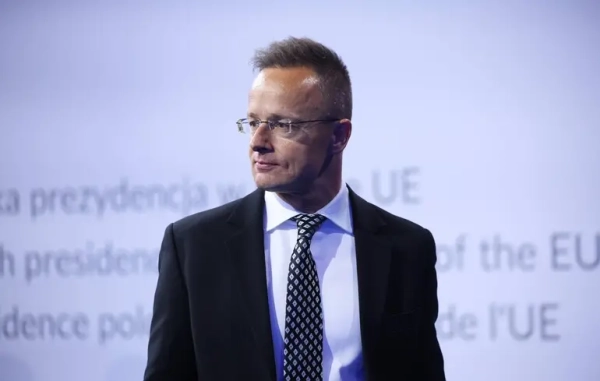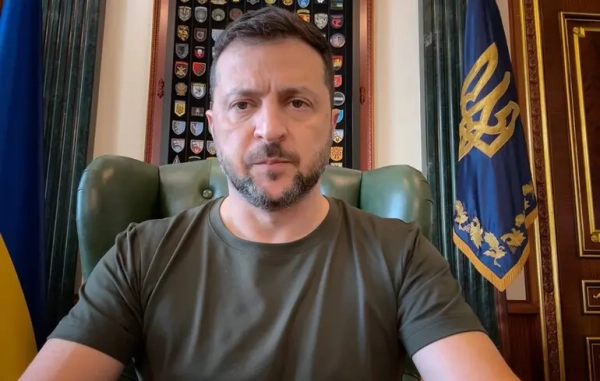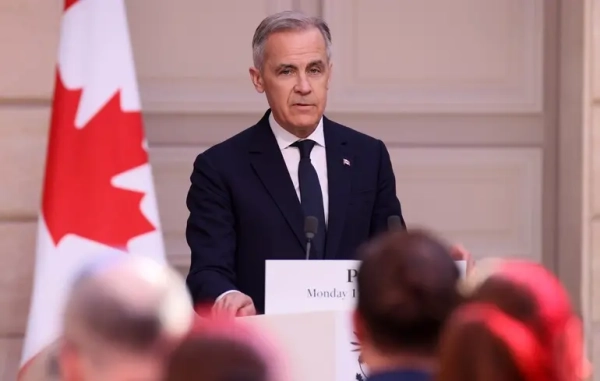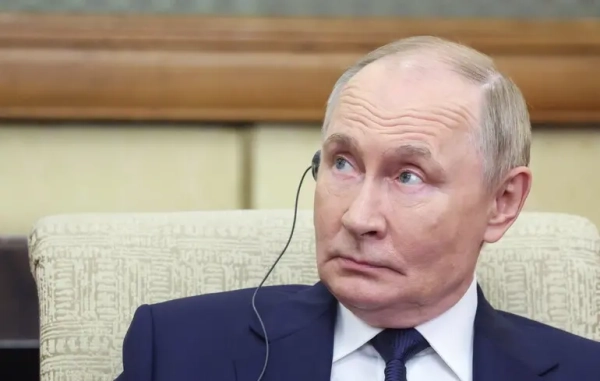
© EPA-EFE/LESZEK SZYMANSKI POLAND OUT The official indicated that his country “does not care what Moscow thinks.”
Hungarian Foreign Minister Péter Szijjártó said that Budapest will not change its position on Ukraine's membership in the European Union. According to him, Russia's opinion on this issue is irrelevant for Hungary, as the decision is based solely on the position of Hungarian society.
Szijjártó announced this on the social network X, commenting on the statements of President Volodymyr Zelensky. The day before, the Ukrainian leader said that he finds it “strange” that Hungary is blocking Ukraine's accession to the EU, because even Russia does not openly oppose it.
Szijjártó responded that his country's position is formed independently of external influence:
“Unlike Zelensky, Hungary's position is not dictated from abroad. We don't care what Moscow thinks about Ukraine's membership in the EU. The only thing we are interested in is the opinion of the Hungarian people. And they are clear: the people do not want Ukraine's accession, as it threatens our farmers, the labor market, and security.”
He added that “regardless of Kyiv's calculations regarding Russia's influence,” Hungary will not support Ukraine's European integration aspirations.
The day before, Zelenskyy declared his readiness to meet with Hungarian Prime Minister Viktor Orban to clarify the reasons for Budapest's blocking of Ukraine's accession to the EU.
As a reminder, Orban stated that he wanted to prevent Ukraine from joining the Union at all costs, citing concerns about the money of EU citizens. According to him, 95% of Hungarians voted against Ukraine's accession to the EU in a referendum.
Orban even organized a so-called national poll in Hungary on the topic: do Hungarians want Ukraine to join the EU? Do such “national consultations” have legal force and what is really behind them? Yulia Nevmerzhytska offers answers to these questions in the article “Voice of the people or manipulation? What is behind Orban’s poll on Ukraine’s accession to the EU.”






